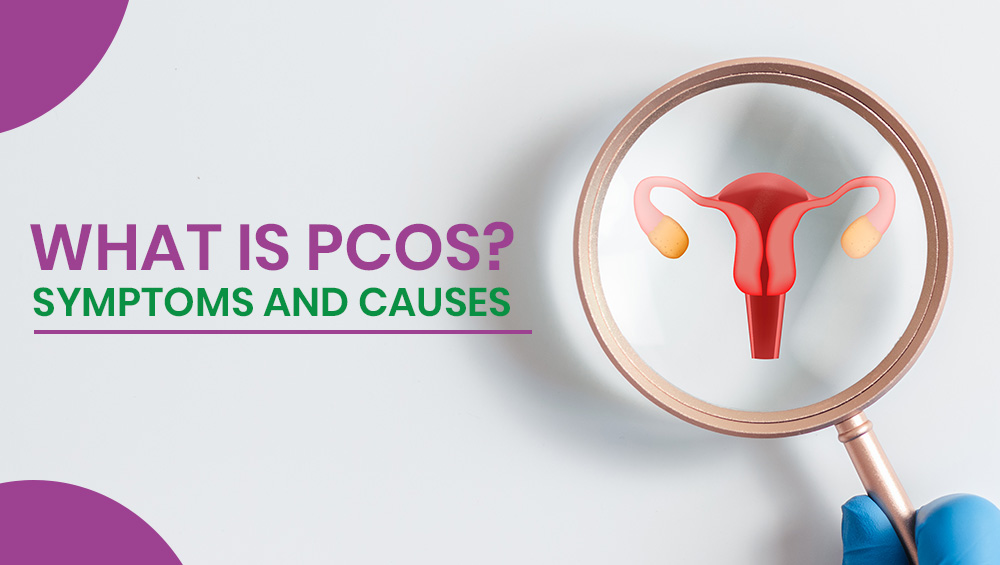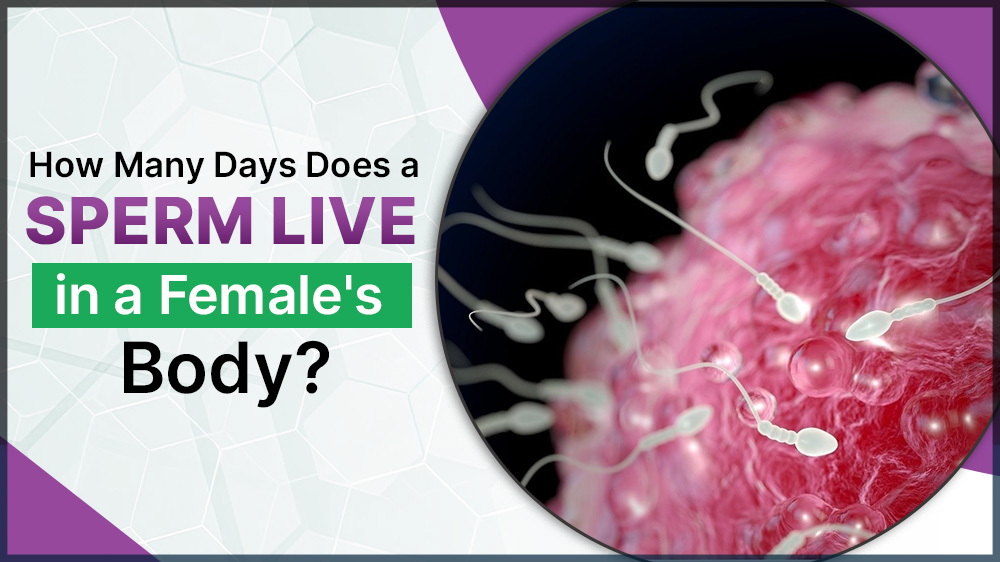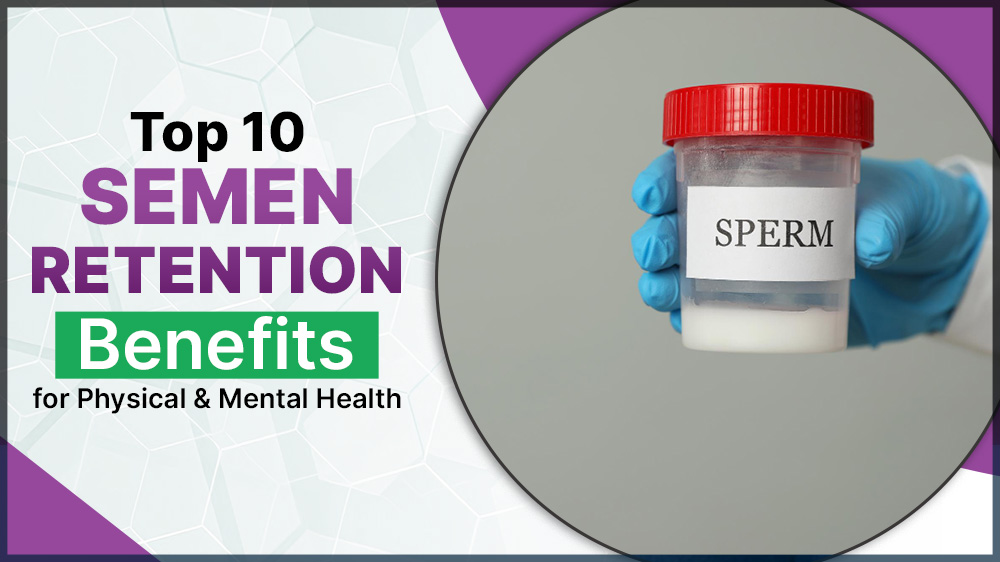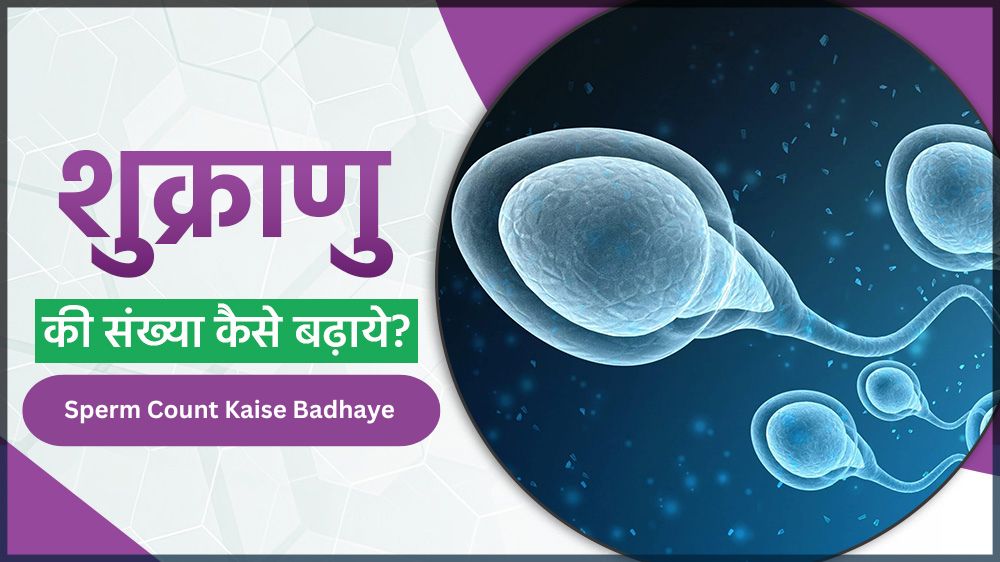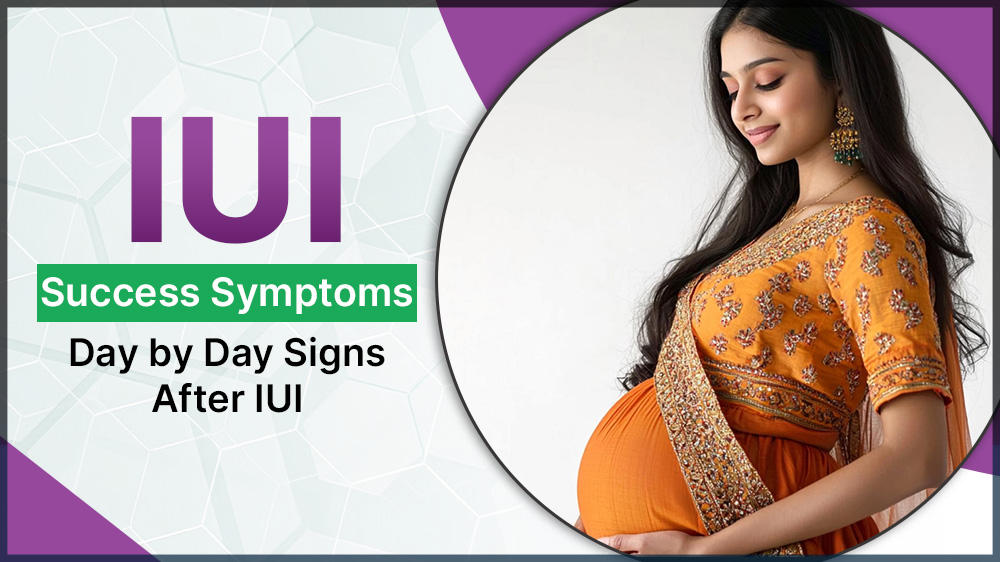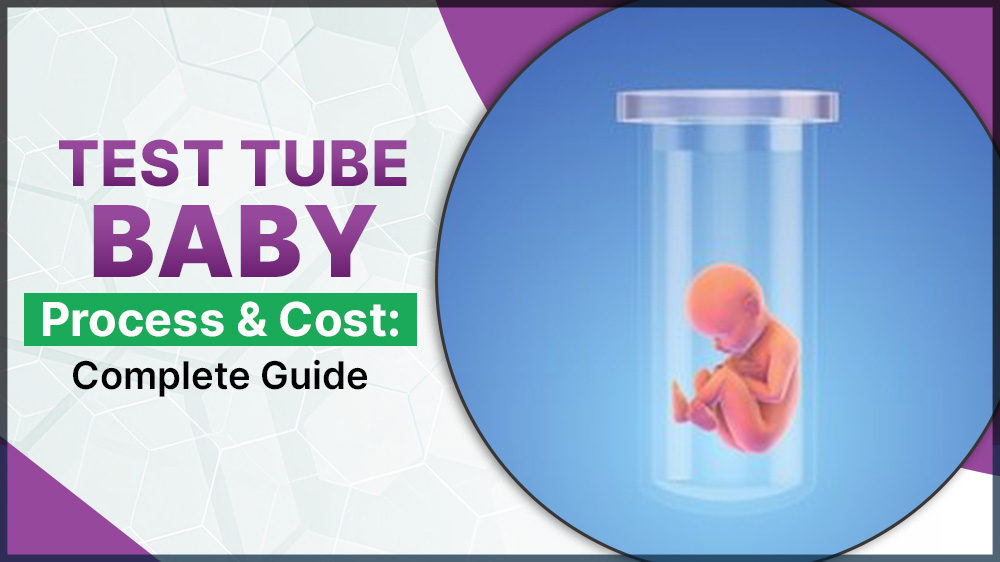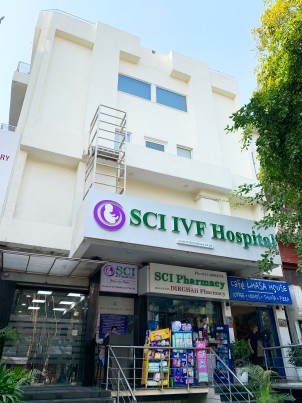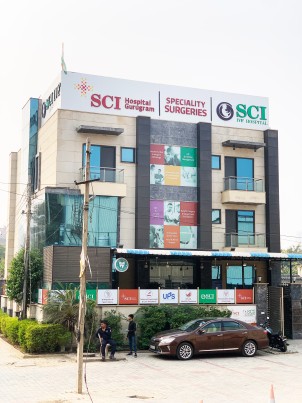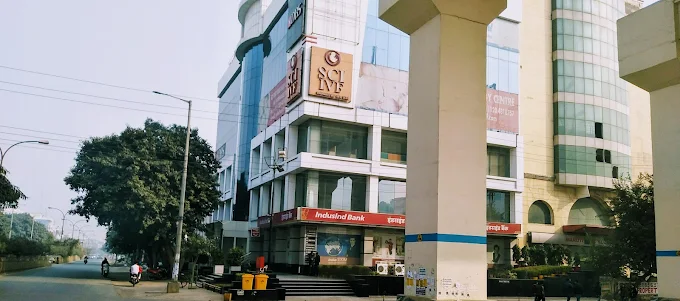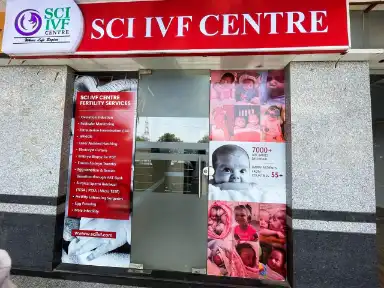What is PCOS? Symptoms & Causes
Polycystic Ovary Syndrome, PCOS in short. It has become one of the widespread endocrine diseases in reproductive females. Although quite ubiquitous, PCOS is grossly misconceived, underestimated, and even disregarded. However, by understanding what PCOS is, its symptoms and what causes it, women can control their health at its early onset.
In this blog we examine what PCOS is, what it does to a woman’s body, what causes it and the symptoms you definitely should not ignore. If you’re experiencing irregular periods, excess hair growth, acne or unexplained weight gain, you’re not alone.
What is PCOS?
The meaning of PCOS is a condition in which the ovaries of a woman draw out an odd game plan of androgens or male sexual hormones, which exhibit themselves in little frequencies. The condition polycystic ovary (pcos meaning) can be defined as the occurrence of many small sacs (cysts) full of fluid (poly) on the ovaries (ovary). In fact, these cysts are immature follicles that do not drop the eggs regularly because of the hormonal disbalances.
The PCOS does not only leave its impact on a pair of ovaries; it has numerous effects on a metabolism, skin, mental health, and fertility of a woman. Although there are signs indicating that there is a problem in some women, others can take years without being diagnosed. This is the reason why it is important to learn how to recognize the signs early enough and consult a doctor.
What is the Prevalence of PCOS?
PCOS is common in one in every five women in India and thus it is the major cause of infertility and irregular menstrual patterns. Most women are however not aware that they have PCOS until they start to have problems with conceiving or they encounter other related problems. It may start shortly after puberty, or even when one is older especially when a woman increases weight.
PCOS Symptoms
Symptoms may be different in different women, some may experience all of them, others have a few. The symptoms normally occur progressively and in most cases they get progressively worse.
- Infrequent, prolonged or missed periods: This is likely among the first and the most widespread signs.
- Excess Facial and Body Hair (Hirsutism): Its overabundance androgen can lead to excessive hair on the face, chest or back in a lot of women.
- Acne and Oily Skin: Constant acne especially around the jaw, chin and the upper back.
- Gain of Weight or inability to reduce the weight: Particularly at the abdomen.
- Hair Thinning or Loss: Hair can either become thinner or loose its root similar to men-pattern baldness.
- Browning of Skin: Darkening of skin especially in the body crevices such as neck, groin and below level of the breasts.
- Skin Tags: Flaps of adent excess skin mostly around neck or armpits.
- Problems With Conception: Difficulty conceiving, infertility: Because of erratic or no ovulation.
When you see an occurrence of these PCOS symptoms together, then you should consult a gynecologist or a fertility expert. Harmful health risks can be minimized by early identification and treatment.
Causes of PCOS
The precise reason for polycystic ovary syndrome isn’t clear. But genetics, environment and lifestyle seem to play a role in how it develops.
1. Insulin Resistance
Insulin resistance, which involves lack of the appropriate response of the body cells to the insulin, is experienced in many women with PCOS. The failing point of this regulation is that the body responds to this by increasing insulin production, which can stimulate ovaries to release androgens more. This in its turn disturbs the normal process of ovulation.
2. Hormonal Imbalance
Women who have PCOS have high levels of:
- Androgens (male hormones): These lead to such things as acne, facial hair and irregular menstrual periods.
- Luteinizing Hormone (LH): One that assists to induce ovulation; however can be elevated in PCOS.
- Low Sex Hormone-Binding Globulin (SHBG): A protein that assists in the regulation of the androgens.
3. Genetics
PCOS usually passes through generations. You are also under an increased risk of PCOS in case your mother, sister, or an aunt have it.
4. Low-Grade Inflammation
Low-grade inflammation is found in the body of many women with PCOS, and may lead to insulin resistance and cardiovascular disease. Both hyperandrogenism and higher production of androgens by the ovaries can also be an outcome of inflammation.
5. Lifestyle Factors
Desk job, unhealthy eating, stress and weight can worsen PCOS symptoms. Although these do not directly contribute to PCOS, they definitely contribute to its experience and severity.
PCOS Complications
PCOS has several long-term complications in case it remains untreated:
- Infertility
- Insulin-requiring diabetes type 2
- High Blood Pressure
- Cholesterol Abnormalities
- Sleep Apnea
- Endometrial Cancer
- Mental Problems like depression, anxiety, and low self esteem
What are the ways to diagnose PCOS?
PCOS has not got a single test. Typical diagnosis includes:
Physical examination and medical History
- Pelvic Ultrasound: In order to examine the presence of cysts on the ovaries
- Blood Tests: To determine the level of hormones and to eliminate the possibility of other diseases
The diagnosis is usually applied when two or more of the three following criteria exist:
- Ovulatory disorders or ovulatory deficits
- Abnormal high androgen
- On ultrasound polycystic ovaries
Is PCOS Something that Can Be Cured?
There is no cure to PCOS and thus the symptoms can be controlled effectively using a combination of good lifestyle, medication and fertility therapies.
Managing PCOS
Lifestyle Changes
An anti-inflammatory diet low in sugar and balanced A balanced low-sugar anti-inflammatory diet
Regular exercise
Yoga, meditation or therapy as a way to cope with stress
Medications
To control periods and decrease androgen, birth control pills are used.
Metformin as insulin sensitivity improvement agent
Fertility drugs (such as Clomiphene) to the individuals engaged in becoming impregnated
High Tech Fertility Options
When lifestyle changes and medications are not able to assist in conception, it may be possible to utilize the method of assisted reproductive technique such as IVF or ICSI.
Conclusion: PCOS Management At SCI IVF Hospital
You may be diagnosed with PCOS or show such symptoms as irregular periods, high levels of facial hair, or pregnancy difficulties, but, in any case, you should know that help is at hand. As far as PCOS is concerned, we do not only treat the condition at SCI IVF Hospital but also assist women with this condition cope with the physical and emotional difficulties that PCOS presents them.
The SCI IVF Hospital is the best IVF hopsital in Delhi that would provide care of highest standards by its highly professional team incorporating state of the art technology and personalized care. It could be hormonal analysis, ovaluation induction or the more advanced method such as IVF/ICSI, but regardless of the path you are taking we can provide a dedicated team of doctors, nurses, embryologists and counselors that are at your side through it all.
Our medical team works in state-of-the-art facilities and following evidenced-based practices to deliver you the most optimal results, and all of it in a confidential and caring atmosphere.
Treatment of PCOS is not only a thing at SCI IVF Hospital but it is also about bringing hope.
It is here that healthy and happy life starts and we are with you every single step.
